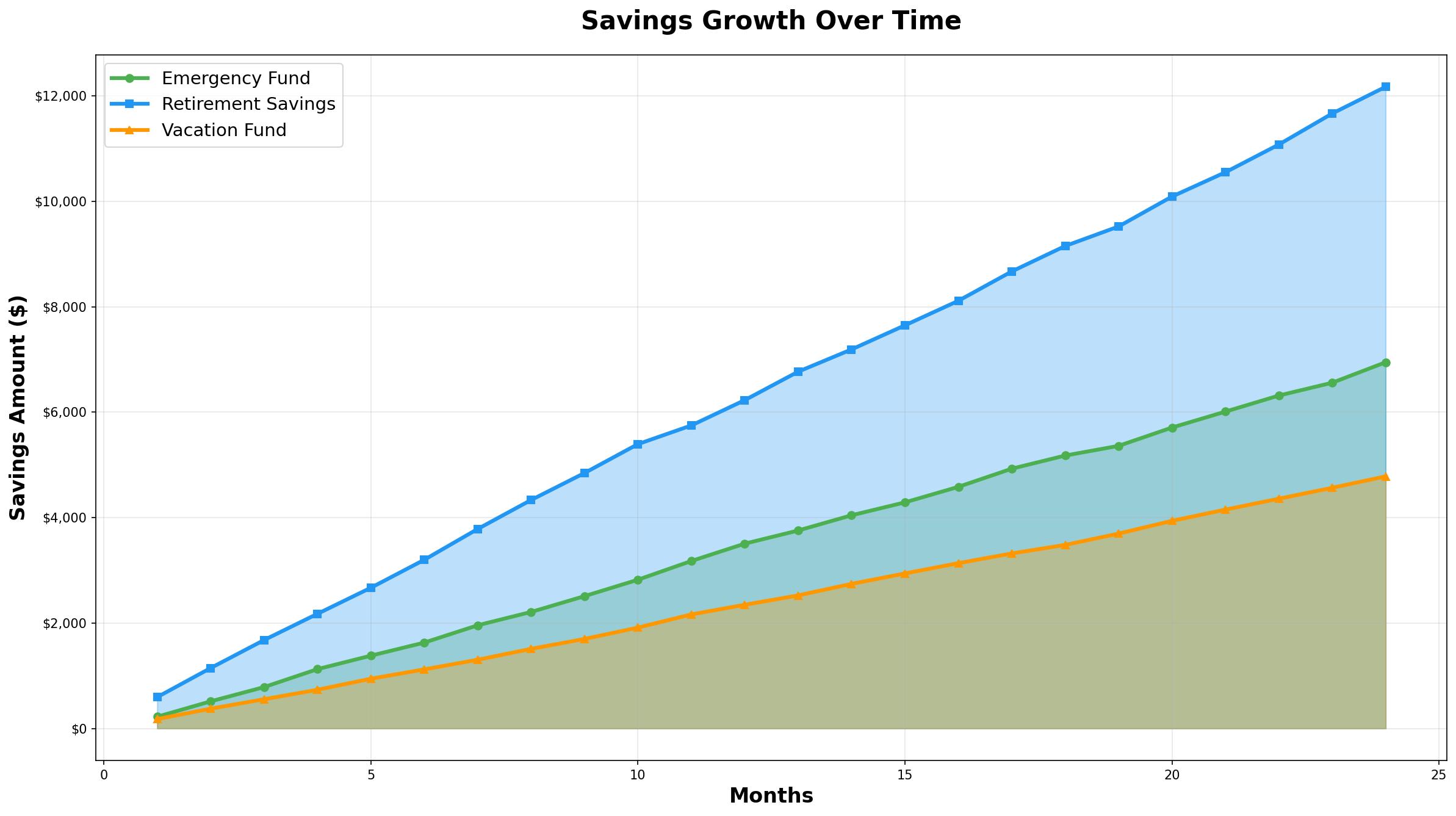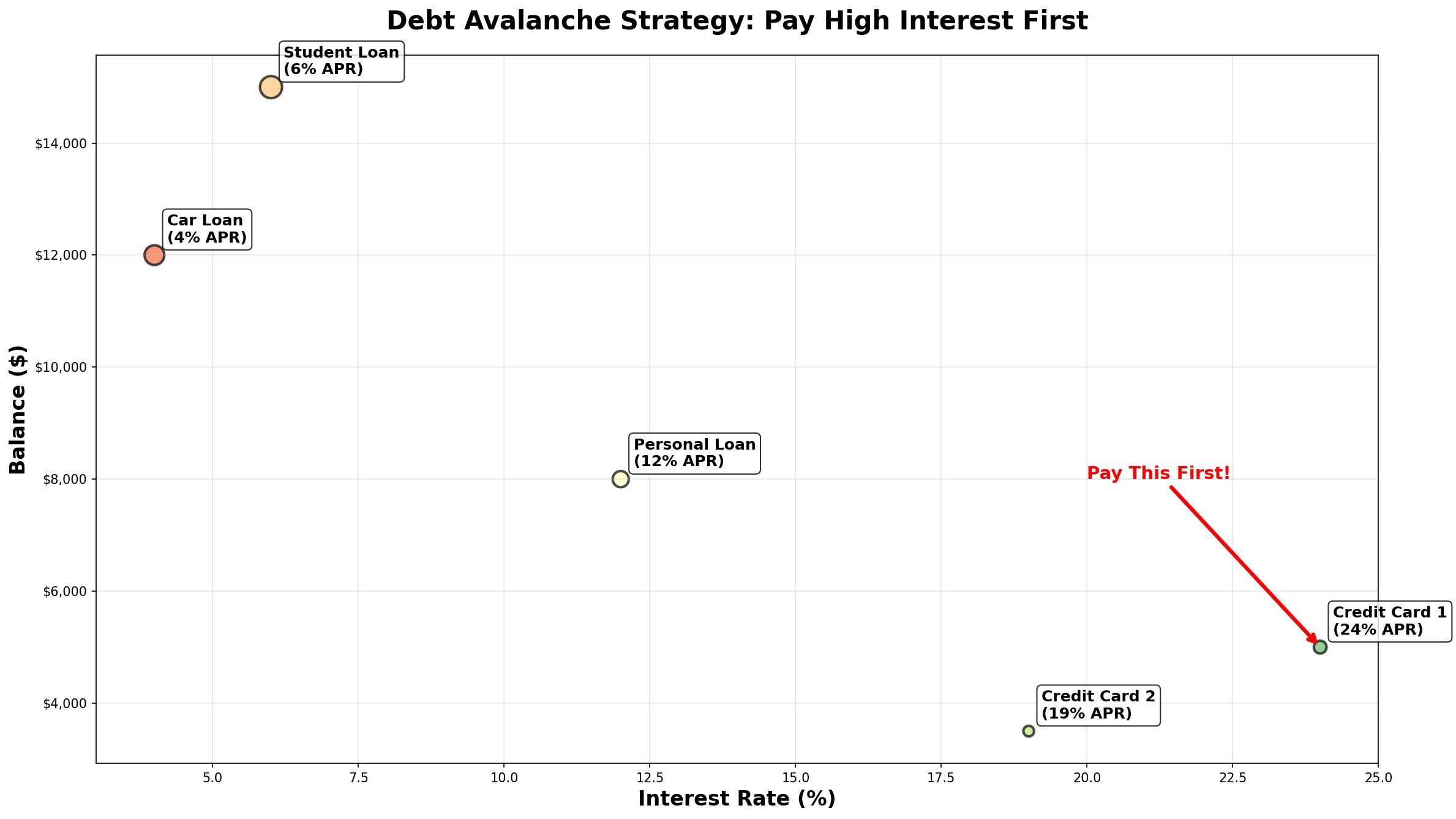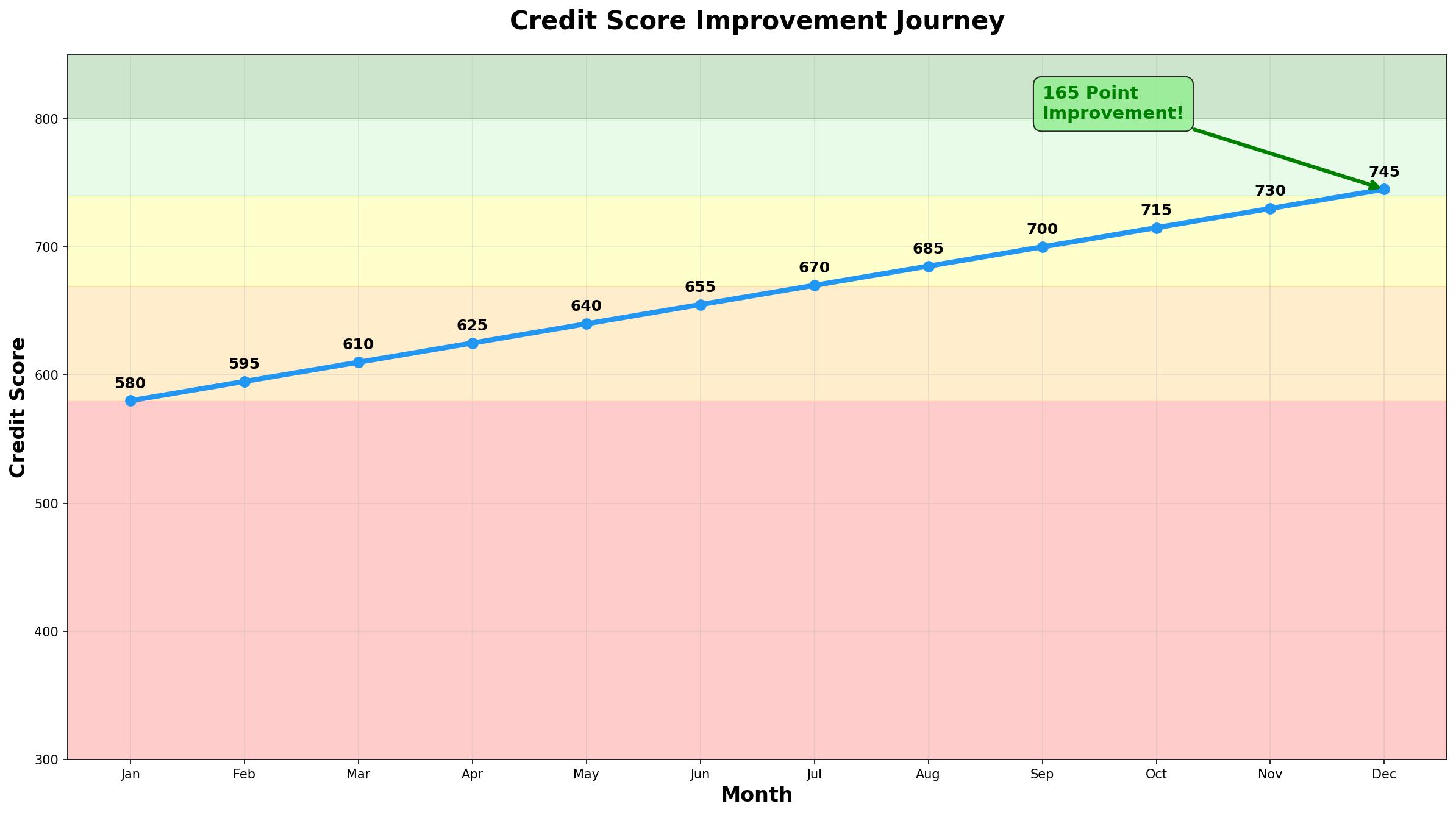Effective Money Saving Tips to Boost Your Financial Health
Discover practical money saving tips and strategies to improve your finances and build wealth effectively.
Money Saving Tips: Practical Strategies to Improve Your Finances
Saving money is a fundamental step towards financial security and wealth building. Whether you're looking to build an emergency fund, pay off debt, or save for a big purchase, adopting smart money saving habits can make a significant difference. This comprehensive guide will provide actionable, practical, and educational money saving tips to help you take control of your finances.
---
Why Saving Money Matters
Before diving into the tips, it’s important to understand why saving money is essential:
- Financial Security: Savings act as a buffer during emergencies like medical bills or job loss.
- Debt Reduction: Having savings helps avoid relying on high-interest debt.
- Goal Achievement: Whether it’s buying a home, traveling, or retirement, savings make these goals attainable.
---
1. Create a Realistic Budget
A budget is the foundation of effective money management and saving.
How to Start:
- Track your income and expenses for one month.
- Categorize expenses: fixed (rent, utilities) and variable (entertainment, dining).
- Set spending limits for each category.
- Use budgeting apps like Mint, YNAB, or EveryDollar.
Example:
If you earn $3,000/month, allocate $1,500 for essentials, $500 for discretionary spending, and aim to save at least $500.
---
2. Automate Your Savings
Automating your savings ensures consistency and removes the temptation to spend.
How to Implement:
- Set up automatic transfers from your checking to savings account right after payday.
- Use apps like Digit or Qapital that automate small savings based on your spending habits.
Benefit:
You save without thinking, making it easier to build your savings effortlessly.
---
3. Cut Unnecessary Expenses
Review your spending habits to identify areas where you can reduce costs.
Common Areas to Trim:
- Subscriptions: Cancel unused streaming, gym, or magazine subscriptions.
- Dining Out: Cook meals at home more often.
- Impulse Purchases: Wait 24 hours before buying non-essential items.
Strategy:
Use the 30-day rule: If you want something, wait 30 days. Often, the urge will fade.
---
4. Shop Smart
Saving money doesn't mean sacrificing quality but being strategic about purchases.
Tips:
- Compare prices online before buying.
- Use cashback and coupon apps like Honey or Rakuten.
- Buy in bulk for non-perishable items.
- Shop during sales events like Black Friday or end-of-season clearances.
Example:
Buying a $50 item on a 20% off sale plus 5% cashback effectively reduces the cost to $38.
---
5. Reduce Utility Bills
Utility bills can be a significant monthly expense.
Ways to Save:
- Switch to energy-efficient bulbs and appliances.
- Unplug electronics when not in use.
- Lower thermostat settings in winter and raise in summer.
- Use programmable thermostats to optimize heating/cooling.
Example:
Lowering your thermostat by 2 degrees can save up to 10% on heating bills.
---
6. Build an Emergency Fund
An emergency fund prevents financial setbacks from turning into debt.
How to Build:
- Aim for 3-6 months’ worth of essential expenses.
- Start small, even $50 per paycheck helps.
- Keep the fund in a high-yield savings account for easy access and better returns.
---
7. Use Cash Envelopes for Discretionary Spending
The cash envelope system helps control spending by limiting available funds.
How It Works:
- Withdraw monthly discretionary spending in cash.
- Divide cash into envelopes labeled for categories (e.g., dining, entertainment).
- When an envelope is empty, no more spending in that category until next month.
---
8. Increase Your Income
While saving is crucial, increasing your income accelerates your financial goals.
Ideas:
- Freelance or take side gigs.
- Sell unused items online.
- Ask for a raise or seek higher-paying opportunities.
Benefit:
Extra income can be directed straight to savings or debt repayment.
---
9. Avoid High-Interest Debt
Debt with high interest, like credit cards, erodes your financial progress.
Tips:
- Pay off credit card balances monthly.
- Consider balance transfers to lower-interest cards.
- Avoid payday loans and other predatory lending.
---
10. Set Clear Financial Goals
Having specific goals motivates saving and helps track progress.
SMART Goals Example:
"Save $5,000 for a vacation within 12 months by setting aside $420 monthly."
Track Progress:
Use apps or spreadsheets to monitor your savings milestones.
---
Conclusion
Effective money saving requires a combination of budgeting, smart spending, and disciplined habits. By implementing these practical tips — from creating a realistic budget, automating savings, cutting unnecessary expenses, to setting clear goals — you can improve your financial health and move closer to your financial dreams. Remember, consistency and patience are key. Start small, stay committed, and watch your savings grow.
---
Additional Resources
---
Start saving today and take control of your financial future!


